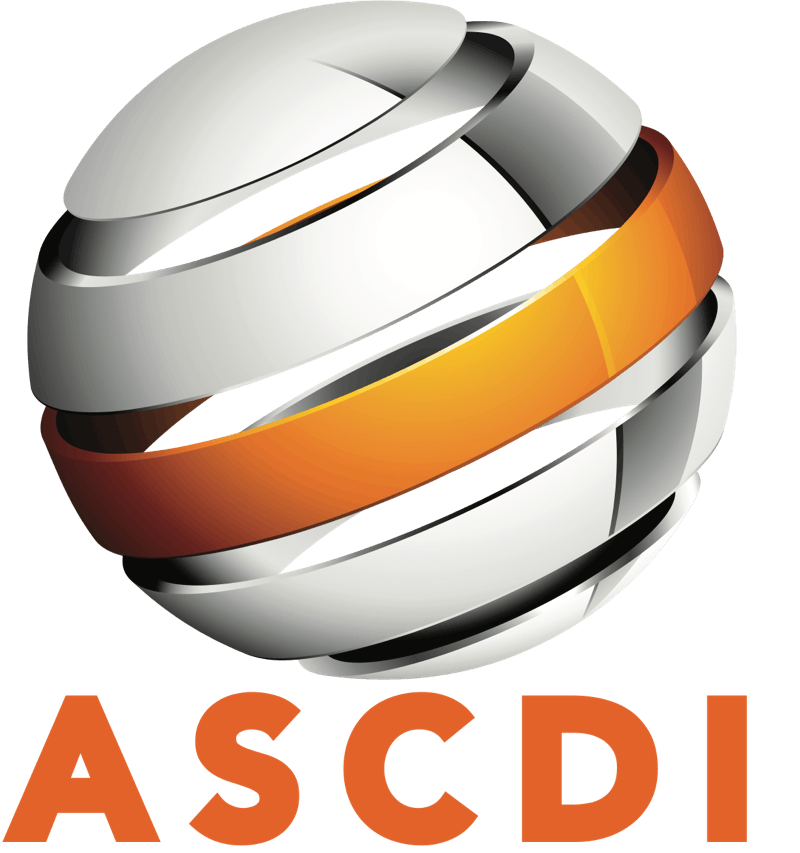I stared at the traffic light waiting for it to turn Green. The ninety seconds long signal was getting on my nerves and no vehicles coming from the other side was further tempting for the majority of us to jump the signal. I waited looked around (no cop!), continued looking around. The street lamps were still ‘ON’ although there was good natural sunlight. On reaching ‘B1 parking’ at my office, I saw my colleague run towards the empty elevator but he missed it by a second. The parking sense of my colleagues further irritated me. There was so many of vacant but inaccessible parking spots. With great difficulty, I somehow maneuvered to the furthest and least favored spot without damaging the other ill-parked bikes. The parking light switched ‘On’ the moment my bike rolled in the area (We have sensors in our parking to save electricity). Life could be so much better with more such things (Traffic Signals, Parking-Robot and Elevator) better managed by smart sensors and machines. On the other hand, many perceive this as a threat to employment 100-200 years from now.
Humans are generally lazy, greedy, error prone but smart and machines are the opposite. Disagree?
Lazy – Humans hate labour Intensive manual work. They always tend to find shortcuts but become very active when it comes to play or activities we enjoy. On the other hand, machines/robots can work tirelessly as has been specified in the manual. Greedy – Well, don’t we want a 20-40% hike each year (I agree we may be deserving and can also call it a need instead). On the other hand, machines are getting replaced by energy efficient machines which take 30% lesser electricity.
Smart – I do not see anyone disagreeing here. Humans are no doubt smarter. Machines can malfunction due unexpected inputs/undefined solutions. Well long story short, aren’t we the ones defining the Smart machines and designing the AI chip embedded in them.
Simple automation and machines of yesterday were considered smart then. Today’s smart machines too would out-date in future. Hence, I would like to put the three automation, machines and Smart machines in one bucket challenging human employment.
Smarter, well designed and tested machines would be more productive and take few more decisions, that humans want the machines to take.
To Note: Humans want machines to make few extra decisions, not reduce human employment. This also helps reduce cost (which we as consumers want). Reducing human employment has never been the agenda. Most want the machines to get smarter to do tasks we don’t want to do. So we may have a machine as an umpire but playing cricket or another sport is for us. Smart machines would make our lives better and improve our standard of living. Machines are for the people and by the people.
I have observed the unemployment fear has always loomed, from the advent of electricity, machines and automation or the smart machines of tomorrow. Few who do not upskill or change job would be unemployed. Change is the only constant and applies to all (machines, companies, us as well). Healthy companies and ethical employers do offer few months of support to upskill or change job as per market requirement set by humans. For clarity, compare today’s and 25 years old list of Fortune 500 companies. Names will change but the Fortune 500 list will be there in future too.
I am an optimistic analyst-programmer who still loves learning. I am often faced by the question regarding Job losses due to automations. I trust historical trends & data. With changing times and expectation and improving lifestyles old jobs will get redundant but new will come in. Travel agents may have reduced due to online ticket/package booking but aviation, tourism, hotel industry, hospitality, all have seen growth. Almost a decade back when most played ‘Snake’ on Nokia 3310 who could have guessed the extent of job creation in mobile games, apps (Symbian, J2ME, then Android and iOS), Hadoop, Big Data Analytics, UX Designers, Social Networking, PRs for twitter accounts of celebrity, rise in the number of crèche/playschools. In future too there will be many more types of Jobs that we just can’t predict. Today’s premium will be basic tomorrow. Who knows, people could go to Moon or Mars for picnics in future?
The benefits of lesser manpower and greater output are often passed to all (shareholders, employees and consumers). Two of my friends’ parents lost their job to machines between years 2000-2004 and were offered a golden handshake (VRS) for their 25+ years of service. They had an option to become entrepreneurs and employ more people. They used the money to buy a bungalow and see multiple realty booms. Today, it stands in a posh area. Well, doesn’t your dream home also create employment for many.
Progress of machines itself comes with an investment of a lot of jobs at multiple stages. Cycles of consultation, development & testing, support for issues, and scaling the systems. Soon technology changes and everything needs to be migrated to another system. Not to forget the jobs of network engineers, managers and support staff.
Concepts like driver-less cars may face political issues once the technical, legal issues are resolved. Driver-less cars may never be a reality but we may reach a stage where driver is assisted by ‘Auto-Drive’ Mode for highways etc.
My take is that humans are born for a lot more. We must remember machines are for the people by the people. Smart machines will reduce lots of work. On personal level, give us our 25th hour. On corporate level, temporarily reduce jobs. We should not be scared but be aware and continue learning. When one door closes another opens. Yesterdays’ premium is today’s basic. There is another interesting thing about future. It changes because overconfidence reduces the preparations we put in. We must always tread cautiously to the smartness or aggressiveness (Use of armed robots in wars) we add to machines. Hundred-Two hundred years is a very long time.

